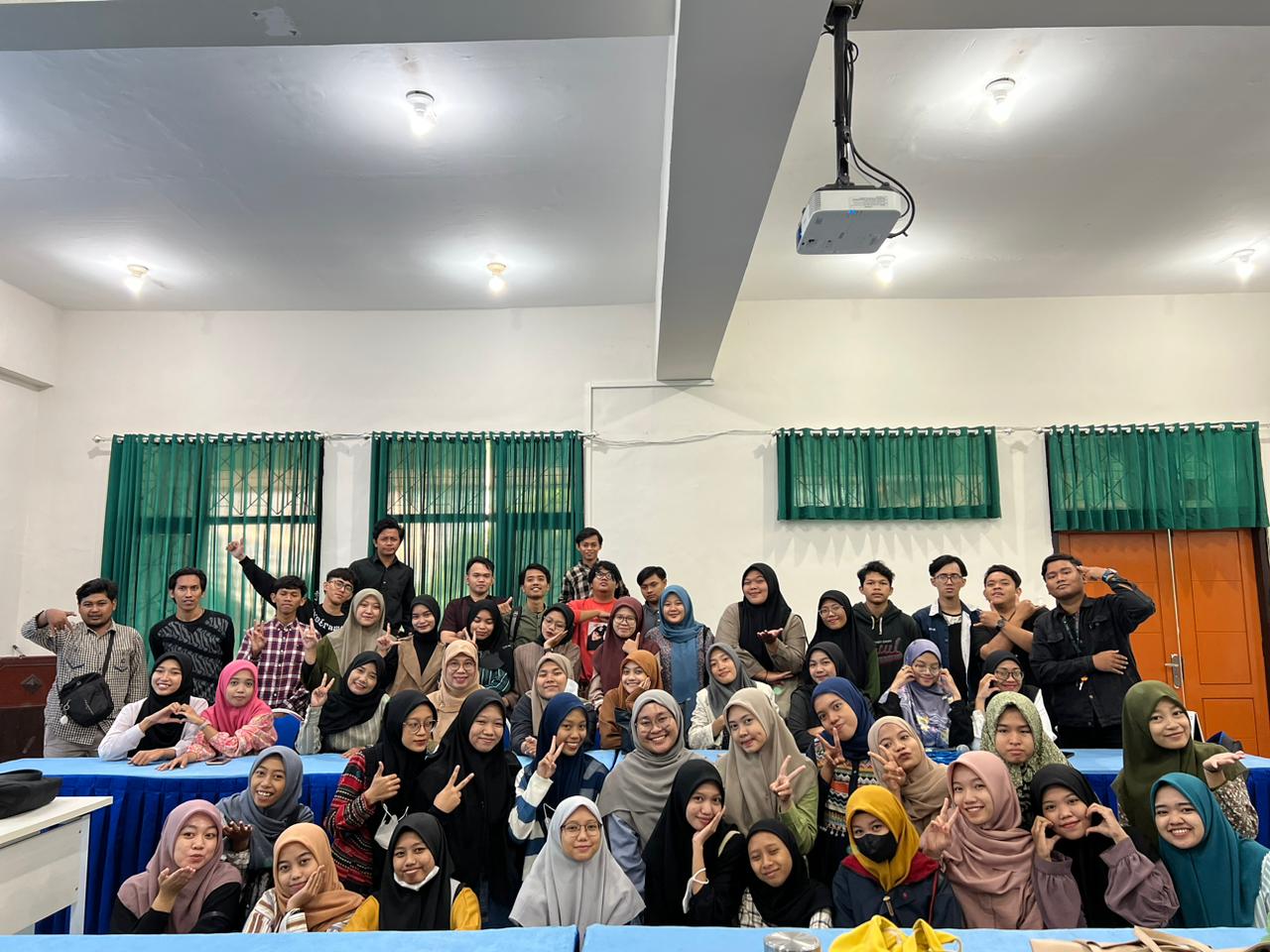On Tuesday (20/6), 4th semester students of Religious Studies Study Program, Faculty of Ushuluddin and Philosophy met with Dra. Mierrina, M.Psi, a lecturer and psychologist, who was a guest lecturer in the Religious Conflict Management course. In this meeting, Mierrina explained a topic related to trauma healing. She explained some of the causes of someone experiencing trauma, which can lead to selfharm, depression, and even suicide. The main cause of trauma is when someone experiences something unpleasant, sad, scary, and worrying. Examples include natural disasters, loss of loved ones, physical violence, war or armed conflict, and accidents. Trauma healing, will help restore and overcome individuals who are traumatized by traumatic experiences and heal trauma that can allow a person to move on with their lives without being reminded of past events.
There are several phases of trauma healing. First, addressing the victim’s needs and keeping the victim’s fear and anxiety at bay. Second, remembering and accepting, which is remembering every consequence received from the traumatic event that will help victims to better accept the reality that has happened. Third, understanding and finding solutions to the trauma experienced so that victims can return to living their daily lives well.

It is important for the general public to know effective strategies for coping with trauma, especially for victims of conflict. Building social support is an important step in overcoming trauma and helps build strong and supportive relationships between individuals affected by conflict.
On the other hand, the existence of conflict can leave victims with serious injuries, and deep mental trauma. Therefore, it is important to ensure that victims have adequate access to medical and psychological care. In addition, several therapies are also needed to reduce trauma symptoms. These include cognitive behavioral therapy, which helps trauma victims to process trauma-related emotions and thoughts, build stress management skills, and change unhealthy thought patterns. In addition, there is also play therapy which is often used to help children cope with trauma by using games and creative activities as a way to facilitate emotional expression, reduce anxiety, build relationships, and process traumatic experiences.

Learning from an experienced trauma healing expert is important to be able to understand the situation of conflict victims due to the different needs of each individual. And it is crucial to ensure that trauma recovery efforts are long-term. This includes building sustainable support systems, providing ongoing mental health and psychosocial services, and working to reduce the impact of trauma that may occur in the future. (Meilya Asfirotul Khoiriyah – Religious Studies student)















